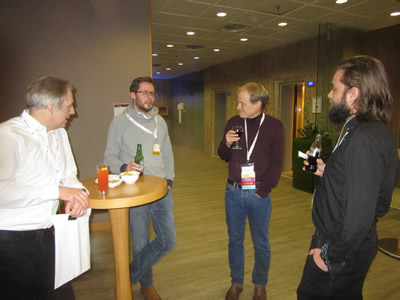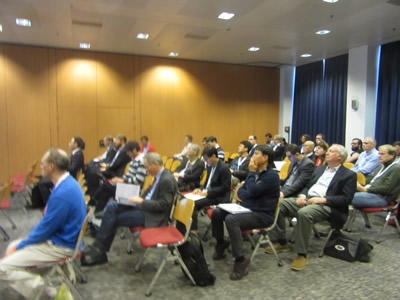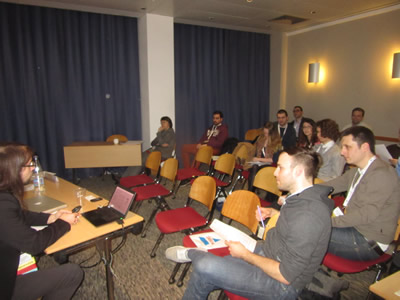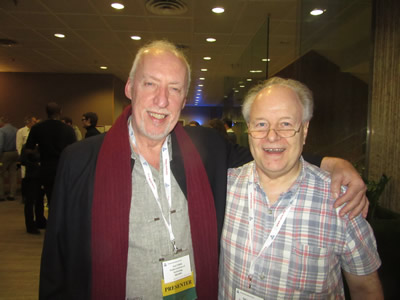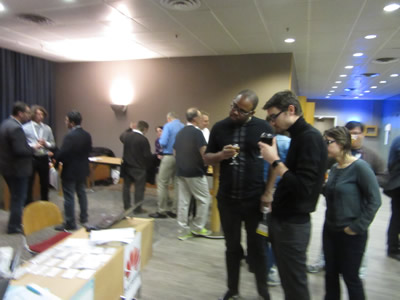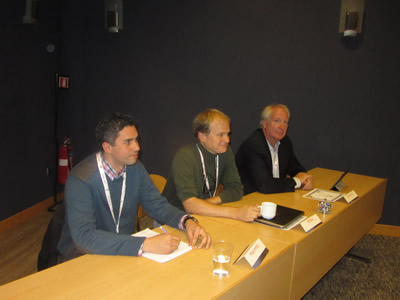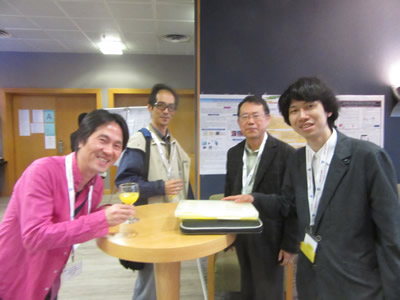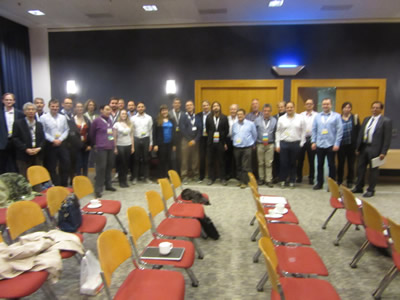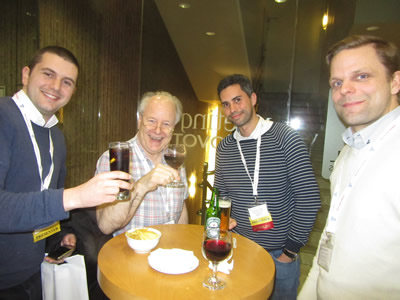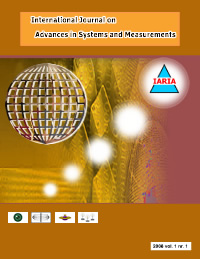ALLSENSORS 2019 - The Fourth International Conference on Advances in Sensors, Actuators, Metering and Sensing
February 24, 2019 - February 28, 2019
ALLSENSORS 2019: Tutorials
T1. Emacs and Python as an Analytical Framework for Handling Telemedical Data
Dr. Halgeir Holthe, University Hospital of North Norway, Norway
The emacs speaks statistics (ESS) software represents a strong framework for data analysis. ESS is an add-on package to GNU emacs as well as to Xemacs, and allows for text based scripting of statistical procedures. ESS is fairly good documented, and facilitates for scripting of statistical languages such as R, S, and SAS. Emacs and ESS together make a holistic environment for text based statistical analysis. The integration with emacs org-mode and org-babel ob-ipython also makes literate programming a practical tool. Instead of jupyter's http-based approach, the integration of Emacs, ESS and org-mode offers a workflow based on emacs terminals. Personally, I find it much easier to write some code by the console instead of in a browser.
The org-bable support for different programming languages makes a seamless integration of say, R and Julia text scripts in the framework. Of course, emacs tramp provides opportunities for remote execution of software regardless of the specific type of remote platform.
I installed emacs on my windows 10 machine the other day. It works out of the box, and indeed MS seems more attractive than previously :-). A year ago, Anaconda Inc. released the windows subsystem for linux (wsl). It's a kind of restricted bash shell for win 10, based on ubuntu 16.10. The idea seems to be to provide a better integration between ipython and R on windows. But with a native installation of emacs on win 10, you can easily run R snippets on a remote linux box while the ipython code runs locally, and this approach should be as efficient as the wsl.
T2. Information Science, its Assets, Applications, and Instruments
Prof. Dr. Claus-Peter Rückemann, Westfälische Wilhelms-Universität Münster (WWU) and DIMF and Leibniz Universität Hannover, Germany
Information science comprises the fields of collection, documentation, classification, analysis, manipulation, storage, retrieval, movement, dissemination, and protection of information. The key to information science is a solid understanding of knowledge and its context for day-to-day application.
The goal of this tutorial is an advanced understanding of information science, knowledge, and its contexts in scientific and technical disciplines, humanities, and management.
The tutorial discusses selected topics, scholarly and practical aspects, from the complements of knowledge, information management, and the most important fundamentals of education to application scenarios, decision making, long-term aspects, and High End Computing.
It is intended to have a concluding dialogue with the participants on practical scenarios and experiences.
This tutorial is addressed to all interested users and creators of knowledge and data, in various disciplines, geosciences, environmental sciences, archaeology, social and life sciences, as well as to users of advanced applications and providers of resources and services, e.g, library sciences and High End Computing. There are no special informatics prerequisites or High End Computing experiences necessary to take part in this tutorial.
